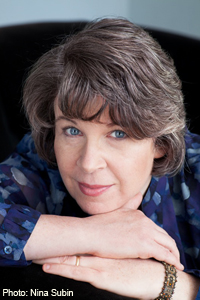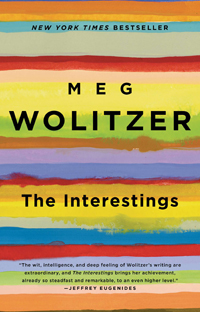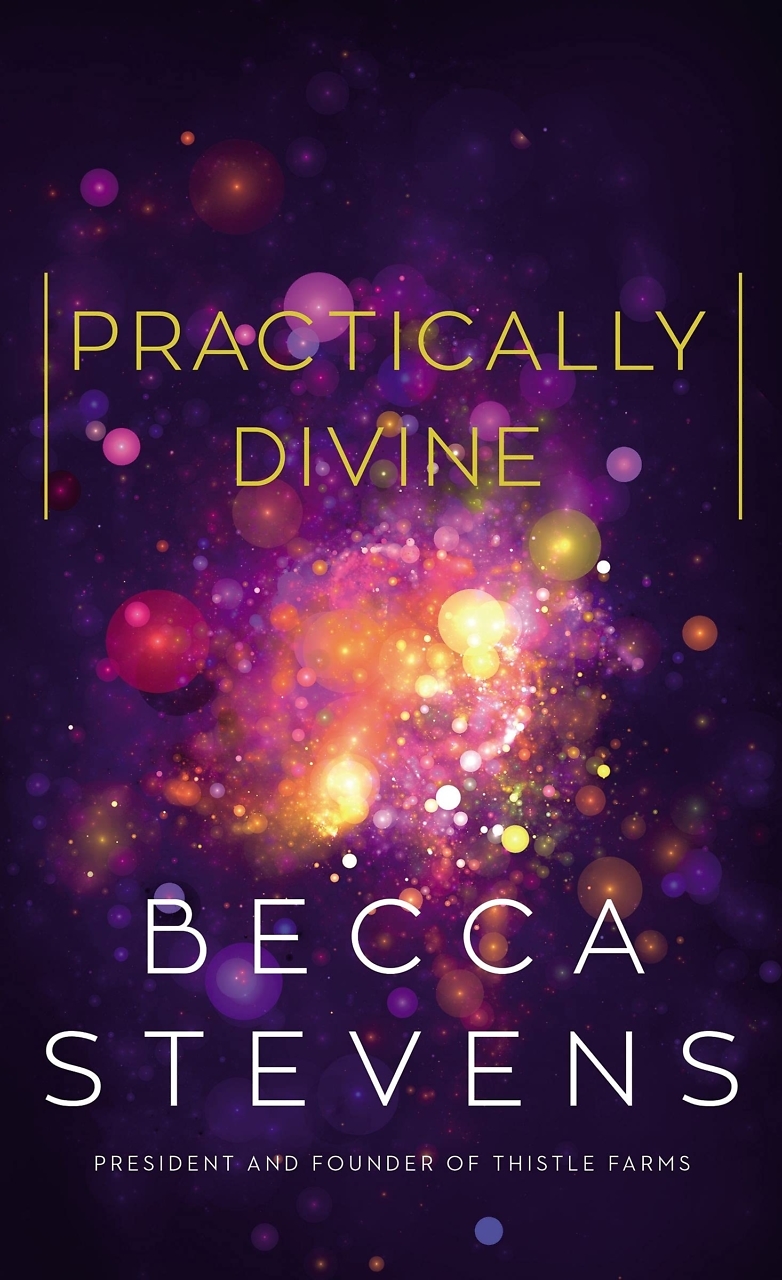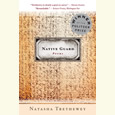Moving Pictures All the Time
Novelist Meg Wolitzer talks about time, friendship, and why you can’t go home again
The Interestings, Meg Wolitzer’s tenth and finest book, begins in a teepee in an artsy summer camp called Spirit-in-the-Woods. Julie Jacobson, “an outsider and possibly even a freak,” has been invited to get high with the cool kids—gorgeous, sophisticated Ash and her intimidating brother Goodman; graceful, womanly Cathy; handsome Jonah, whose mother is famous; and brilliant, schlubby Ethan, who draws cartoons. By the end of the summer, fifteen-year-old Julie will be transformed; her inclusion in the camp’s most fascinating clique rebaptizes her (“Jules, Ash had called her, and instantly the others followed Ash’s lead. She was Jules now, and would be Jules forever”) and makes her a part of “this group that Julie Jacobson, who had no currency whatsoever, suddenly decided she loved. That she was in love with, and would stay in love with for the rest of her life.”
 Teenaged friendships are always intense, but they are not often durable; youthful vows to stay best friends till death are seldom kept. But Jules and company prove an exception. Though a couple of the “Interestings” (as the Spirit-in-the-Woods gang half-ironically christens itself) drop out of sight as the years progress, Ethan and Ash and Jules and Jonah do, indeed, stay in love with each other for the rest of their lives. Time wears each character down in different ways, but the fierce, profound nature of their adolescent connection persists.
Teenaged friendships are always intense, but they are not often durable; youthful vows to stay best friends till death are seldom kept. But Jules and company prove an exception. Though a couple of the “Interestings” (as the Spirit-in-the-Woods gang half-ironically christens itself) drop out of sight as the years progress, Ethan and Ash and Jules and Jonah do, indeed, stay in love with each other for the rest of their lives. Time wears each character down in different ways, but the fierce, profound nature of their adolescent connection persists.
Wolitzer, whose previous novels have explored diverse themes—literary spousehood (The Wife), motherhood (The Ten Year Nap), embarrassing parental sexual liberation (The Position), and the conflict between fame and family (This Is My Life), among others—is at the absolute top of her game with The Interestings, a book whose focus on a decades-long bond puts it in a genre of its own. “Friendship in a novel—what’s a great friendship novel? I don’t even know,” Wolitzer wondered in an interview with the website Bookslut. The Interestings answers her own question beautifully.
Wolitzer answered questions from Chapter 16 by email.
Chapter 16: You dedicated The Interestings to your friend Martha Parker, whom you met at camp. There’s nothing like the friends you make when you’re a teenager—you imprint on them, and they on you, in some fundamental way. (I recently caught myself looking at the wife of a boarding-school friend whom I hadn’t even seen in years, and thinking “She has no idea what he’s really like.” Which is absurd, but it also feels absolutely true.) What is it, do you think, about those early friendships that sets them apart from all other relationships?
Meg Wolitzer: Those early friendships take place at a time when you are experiencing all kinds of “firsts.” And for another person to witness your firsts, or let you see hers, can be especially intimate and meaningful. It’s like you are enclosed in a little laboratory together, performing experiments and making concoctions, and figuring out how you each want to be.
Chapter 16: When Jules is younger, she wants nothing more than to be with Ash and Goodman in the Labyrinth forever, to have what they have, to become them. Later, after Ash and Ethan marry, her envy morphs into something she struggles actively to repress. Envy is a nasty, tough emotion to cope with, and it seeps into every aspect of Jules’s life. Is there anything in the world that could have assuaged her feelings, or is envy just a necessary function of their relationship—the flip side of love?
 Wolitzer: Well, I suppose if she felt she had been given “enough,” she might not have struggled so much with this. But I remember a Lily Tomlin line about the things her mother had told her that turned out not to be true, and one of them was: “Enough is enough.” So maybe Jules would never have felt sated, especially as long as her friends had more. I don’t know if the sensation of envy is the flip-side of love, but to stay so intensely in the orbit of a powerful family certainly involves suppressing some of one’s own self; and there is bound to be resentment, which may not be understood until much later, or ever, but might simply be experienced half-consciously, under the big and hazy umbrella of envy.
Wolitzer: Well, I suppose if she felt she had been given “enough,” she might not have struggled so much with this. But I remember a Lily Tomlin line about the things her mother had told her that turned out not to be true, and one of them was: “Enough is enough.” So maybe Jules would never have felt sated, especially as long as her friends had more. I don’t know if the sensation of envy is the flip-side of love, but to stay so intensely in the orbit of a powerful family certainly involves suppressing some of one’s own self; and there is bound to be resentment, which may not be understood until much later, or ever, but might simply be experienced half-consciously, under the big and hazy umbrella of envy.
Chapter 16: Near the end of the book, Ethan and Jules make the distinction between an adult self and a “passive teenaged self,” which should, eventually, evolve into something greater. But letting go of her teenaged self proves quite difficult for Jules. Does remaining close to teenaged friends tend to be a form of arrested development, do you think?
Wolitzer: I think we choose different friends to meet different needs. And I suppose if the subject matter and themes of a friendship stay locked in the past, then you might say the friendship is there to satisfy a need that has never been resolved or brought up into the more demanding (and rewarding) light of the present.
Chapter 16: Jonah’s brief time with the Moonies almost echoes the experience of summer camp, and yet it’s a disaster. And Jules and Dennis, after running Spirit-in-the-Woods as adults, decide it’s not for them. It’s hard to admit—or to read—that you can’t go home again. (Can you?)
Wolitzer: In the years after I attended a summer camp similar to the one in the novel, I often had dreams in which I suddenly returned there, but the place was now kind of dirty and dusty and basically just a clearing in the woods. I was too old and too big to be there in the dream, but I tried to make it work, and couldn’t, and felt sad about this. I guess I think of it more in terms of change than in terms of home. We so want things to stay the same, but they don’t. It’s moving pictures all the time, and it’s hard to remember that until you’re given stark evidence.
Chapter 16: Ethan and Ash—arguably the central couple of the novel—have a good marriage and a solid friendship strengthened by time. Yet Ethan remains in love with Jules for his entire life. This runs absolutely counter to the prevailing present-day notion that marriage is, or should be, completely satisfying—the relationship that shuts the door on past loves and bars the entry to future ones. How do you see it? Does Ethan’s adoration of Jules diminish his marriage to Ash?
Wolitzer: “Diminish” is a strong word. Their marriage is something separate and private that belongs to them. It’s a real marriage, and I wanted to make that clear. If Ethan were married to Ash in a false way—if he didn’t love her, or was using her, then everything would be different. But it was important to me to show that their marriage was complicated, and sexual, and had a shared purpose. But Ethan also had this feeling that he had felt for a very long time, for Jules; it’s almost, at a certain point, a nostalgia for the feeling he once had. I’m reminded, writing this, of the way little kids insist they remember things from a time that’s probably too early for them to remember. So what they “remember” is more likely that event being discussed by their parents, made vivid in conversation. Maybe at least some part of what Ethan “feels” is the memory of being young with Jules, and how much he loved her when she was a new person to him, and he to her. This brings me back a little to my answer to the question about my friend Martha, and the “laboratory” of early friendships. This may be true, also, for early loves. I knew that I wanted to end the novel on an early image of the two of them, so there could be something to this.
Chapter 16: In an oft-quoted essay on the topic of so-called women’s fiction for The New York Times Book Review two years ago, you concluded, somewhat grumpily, that “the top tier of literary fiction—where the air is rich and the view is great and where a book enters the public imagination and the current conversation—tends to feel peculiarly, disproportionately male.” Since then, you’ve published The Interestings, which every single critic I could find ranks right in that top tier. Also since then, Alice Munro has won the Nobel Prize. Do you feel any better these days about the world of belles lettres, and your place in it?
Wolitzer: There are certainly reasons for women to feel encouraged in some important quarters. The VIDA count shows real change in a couple of significant publications—but it also points out, yet again, the gender imbalance in others, and reminds everyone who cares about books that it’s important to keep this conversation going, even now. But this is a big subject with various tentacles and nuances. I will say that, like most writers I know, I was thrilled by Alice Munro winning the Nobel Prize.
[This article appeared originally on March 19, 2014. It has been updated to reflect new event information.]

Fernanda Moore has been a contributing writer to Chapter 16 since 2009. From 2012 to 2016, she was the fiction critic for Commentary; her work has also appeared in The New York Times Magazine, Marie Claire, New York, and Southern Living, among others.





